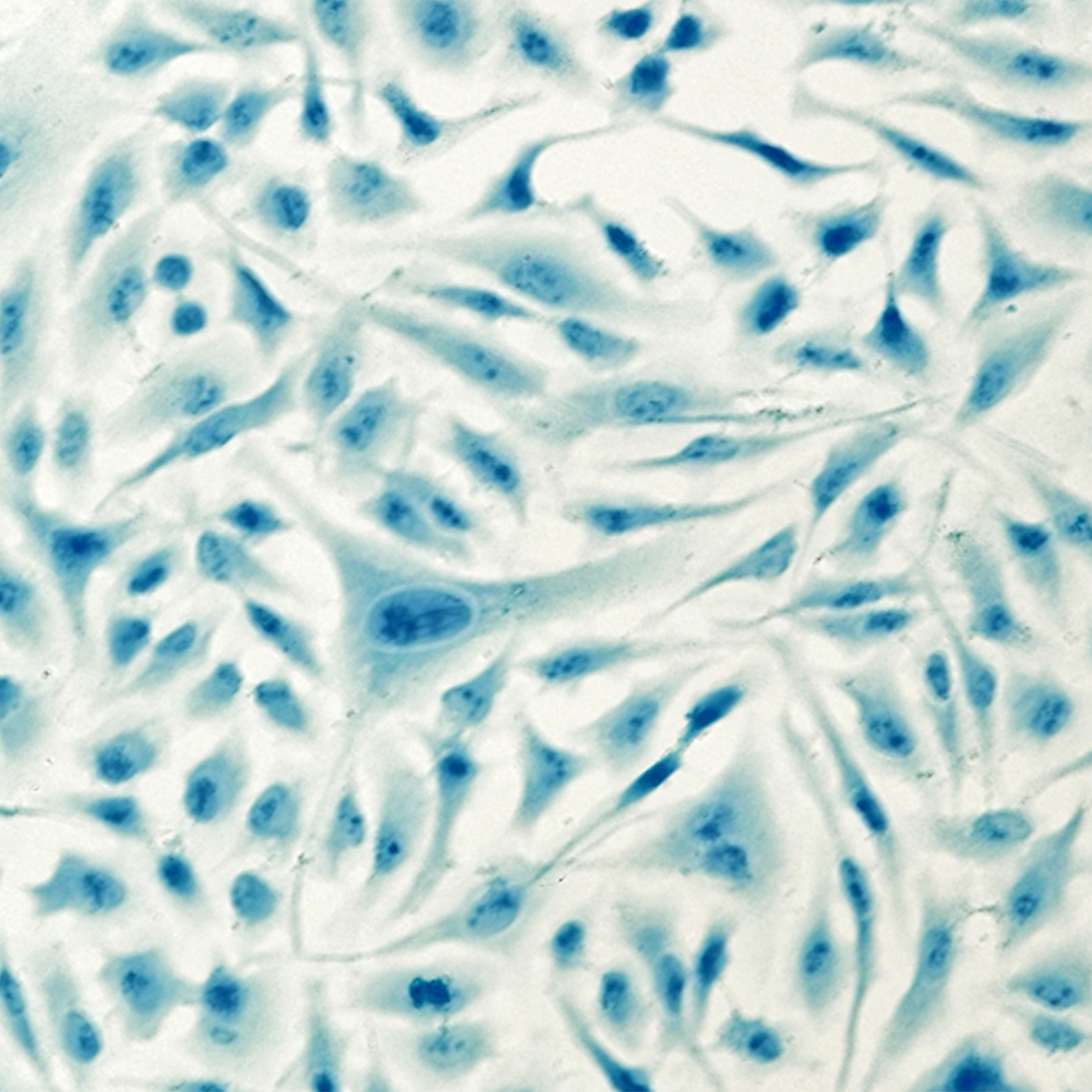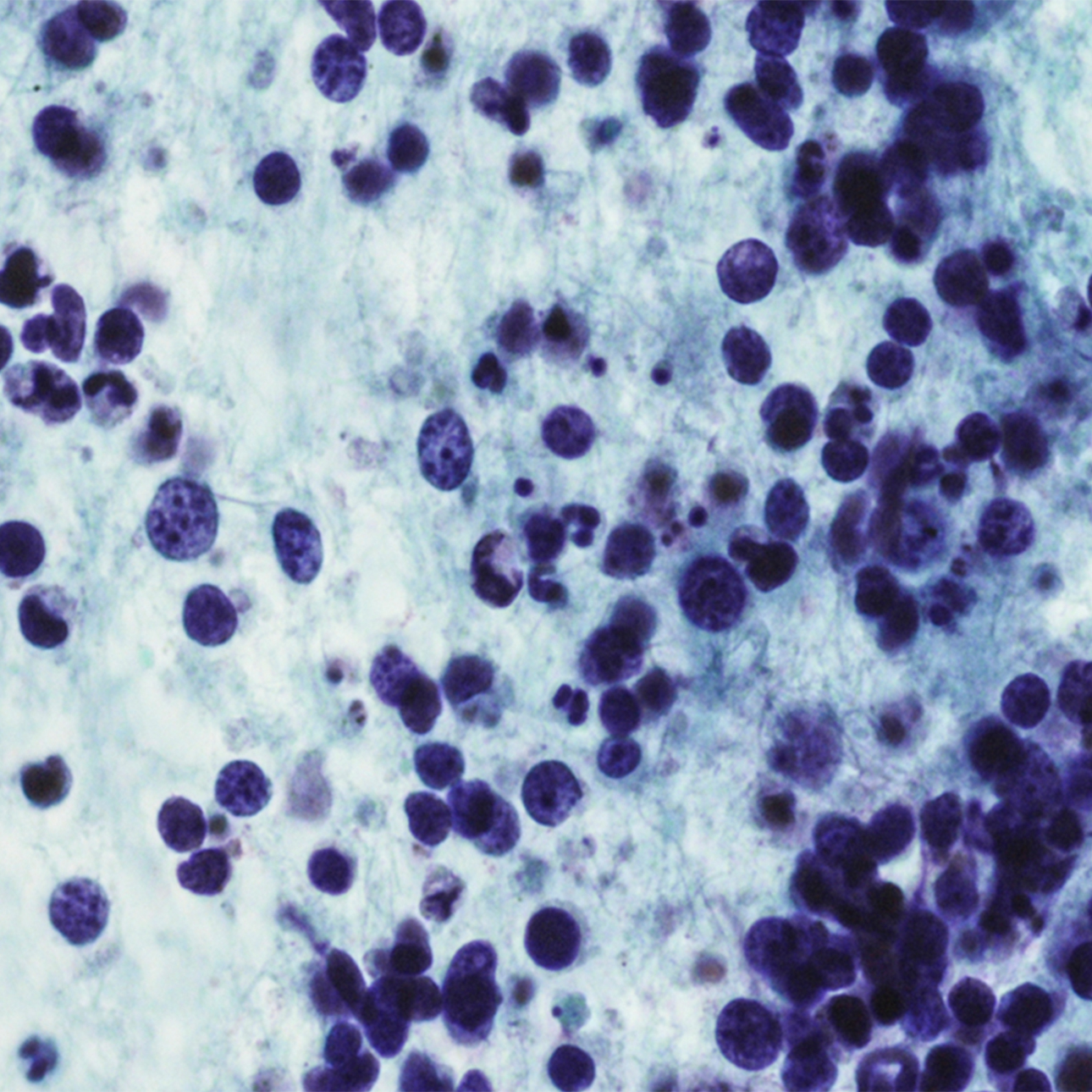
Surgery
Surgery to remove the cancerous growth is the primary method for diagnosing and treating ovarian cancer. In some cases, we can remove the cancer using robotic surgery, a minimally invasive technique that can reduce recovery time and the risk of surgical complications.
Radiation therapy
This treatment uses high-energy rays to damage cancer cells and stop them from growing. It is a localized treatment, which means that it works to attack cancer cells in one area. The radiation may come from a large machine, which is called external radiation, or from radioactive materials placed directly into the ovaries, called implant radiation. Some patients receive both types of radiation therapy.
Chemotherapy
Drugs to kill cancer cells are most often used when ovarian cancer has spread to other parts of the body. A patient may receive just one drug or a combination of drugs in cycles. Chemotherapy may be given by injection into a vein or orally. It is a systematic treatment, meaning that the drugs flow through the body in the bloodstream.
UCSF Health medical specialists have reviewed this information. It is for educational purposes only and is not intended to replace the advice of your doctor or other health care provider. We encourage you to discuss any questions or concerns you may have with your provider.
Treatments we specialize in
-

Brachytherapy (HDR & LDR)
Radioactive material is placed inside a tumor or very close to it to treat the tumor and spare healthy tissue.
Learn more -

Intensity-modulated radiation therapy (IMRT)
The advanced technique focuses strong radiation on the tumor and spares surrounding healthy tissue.
Learn more



















